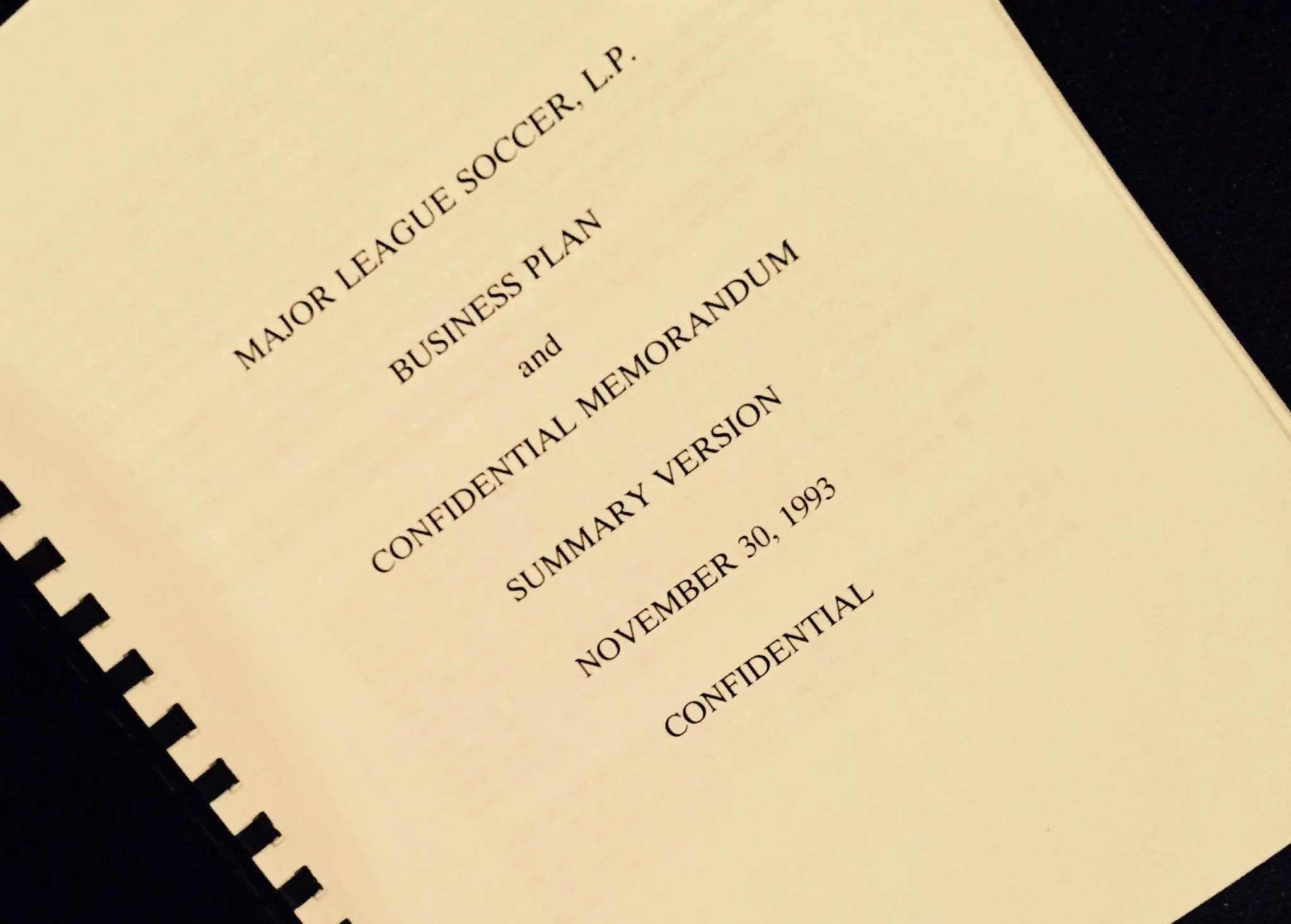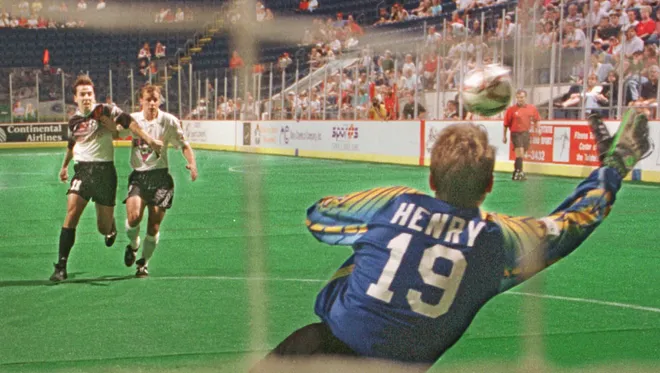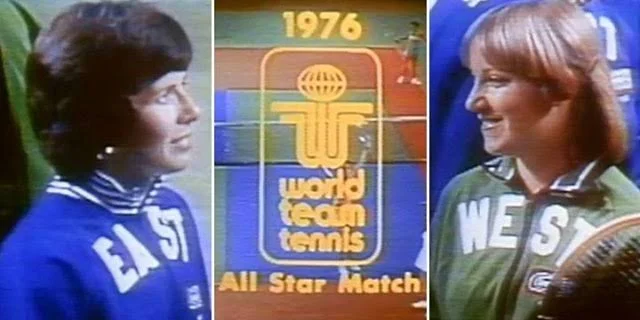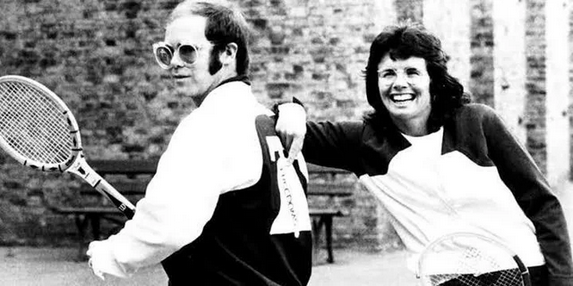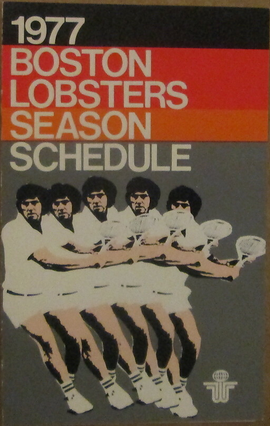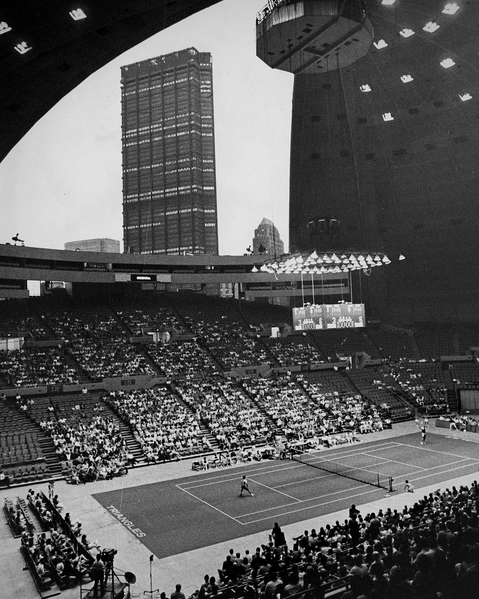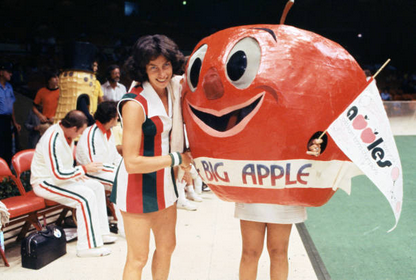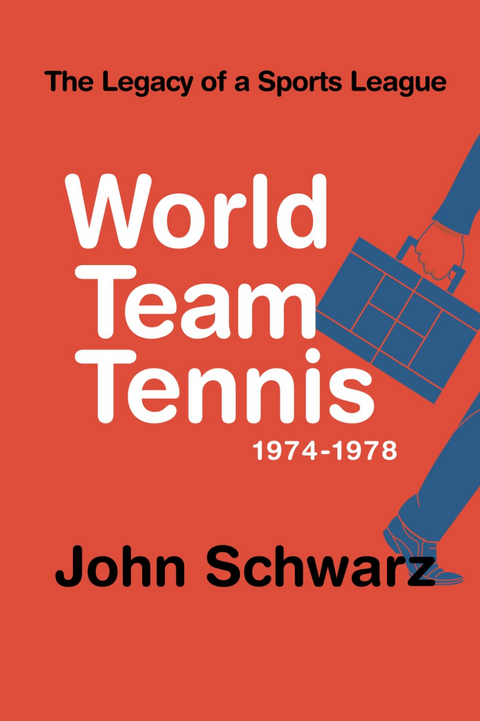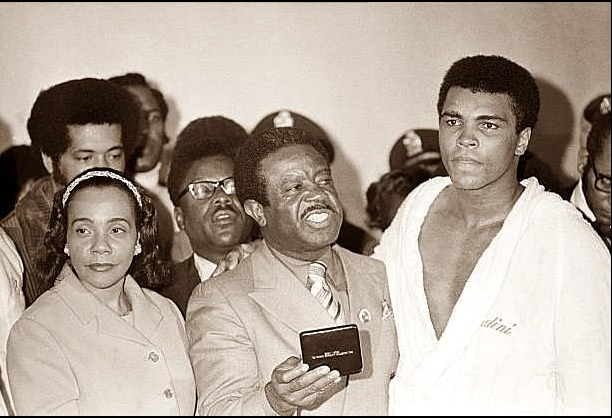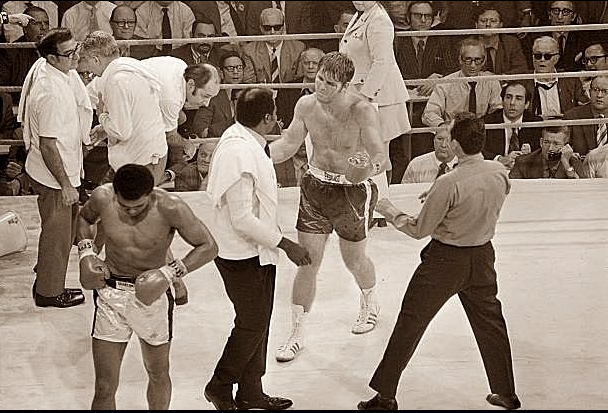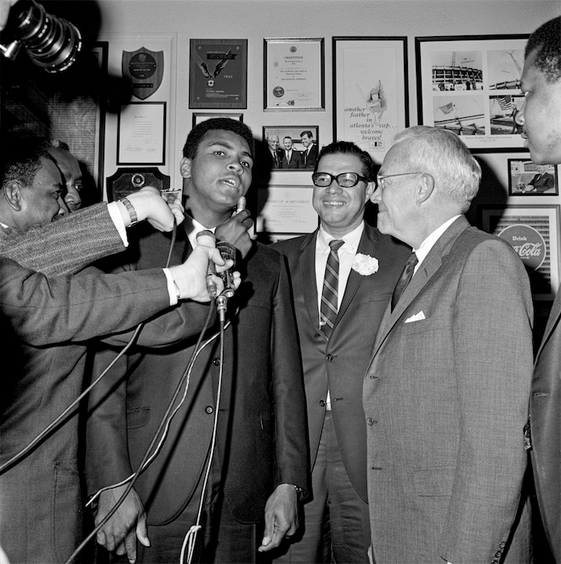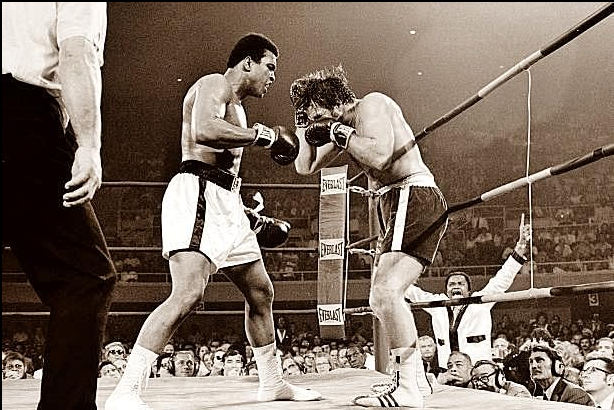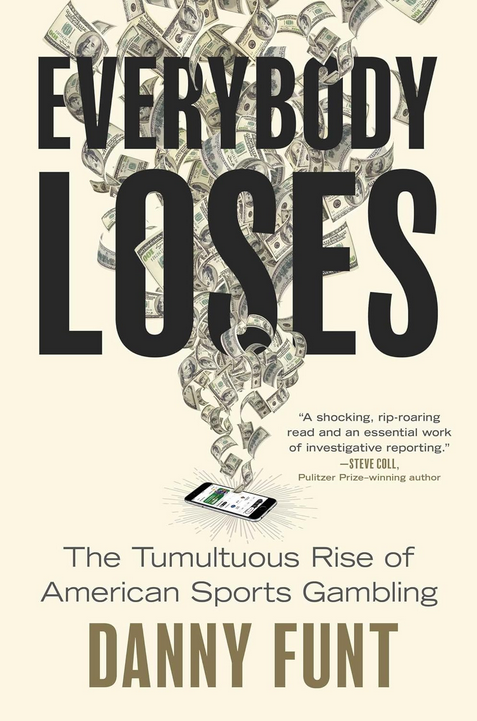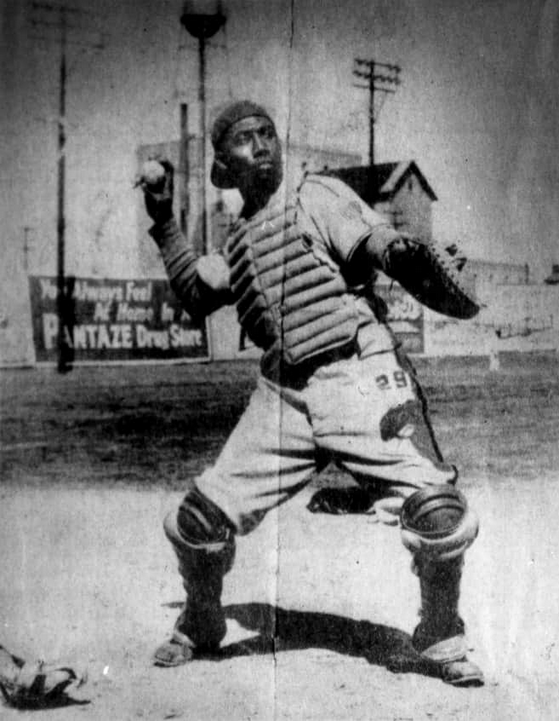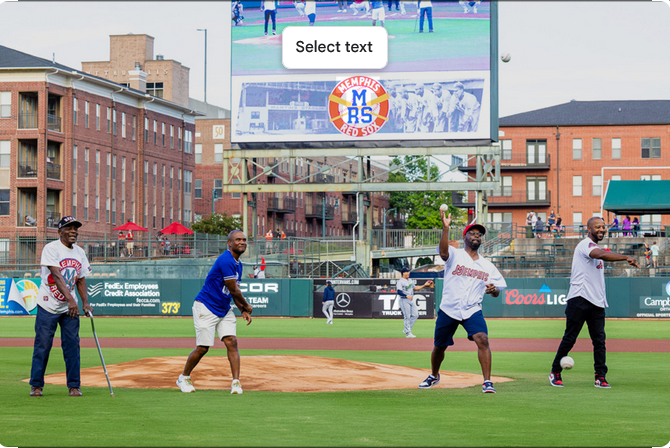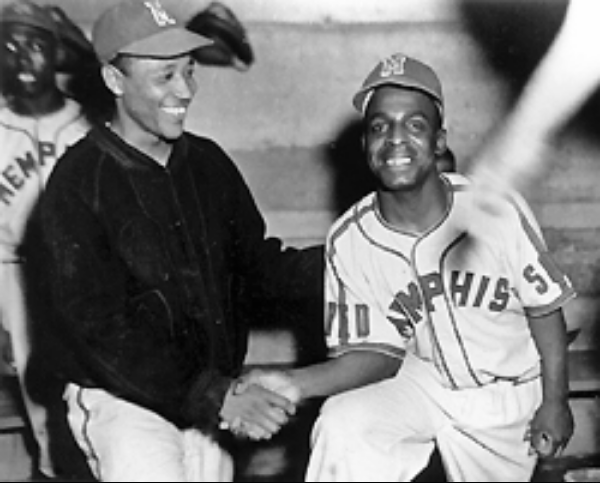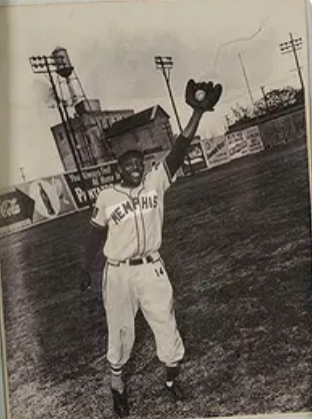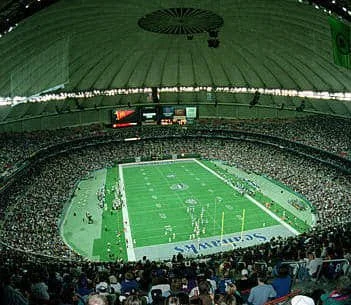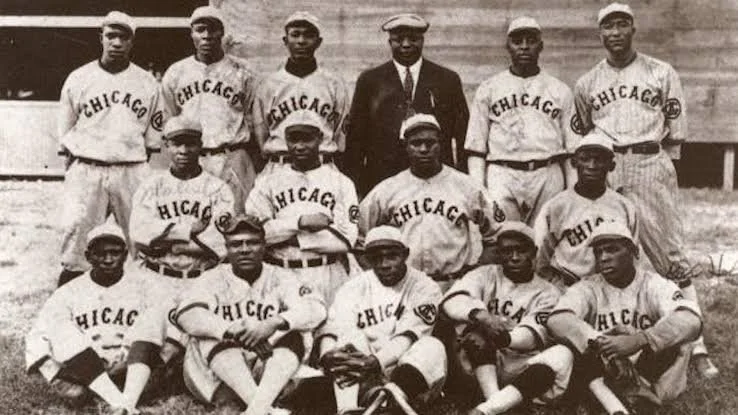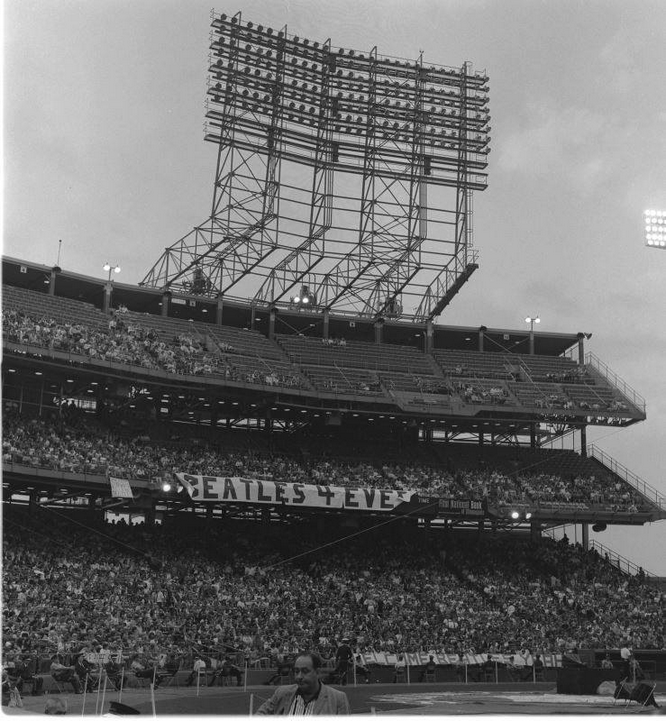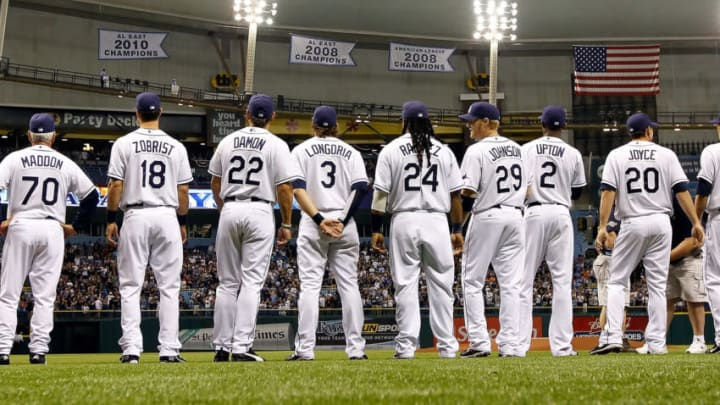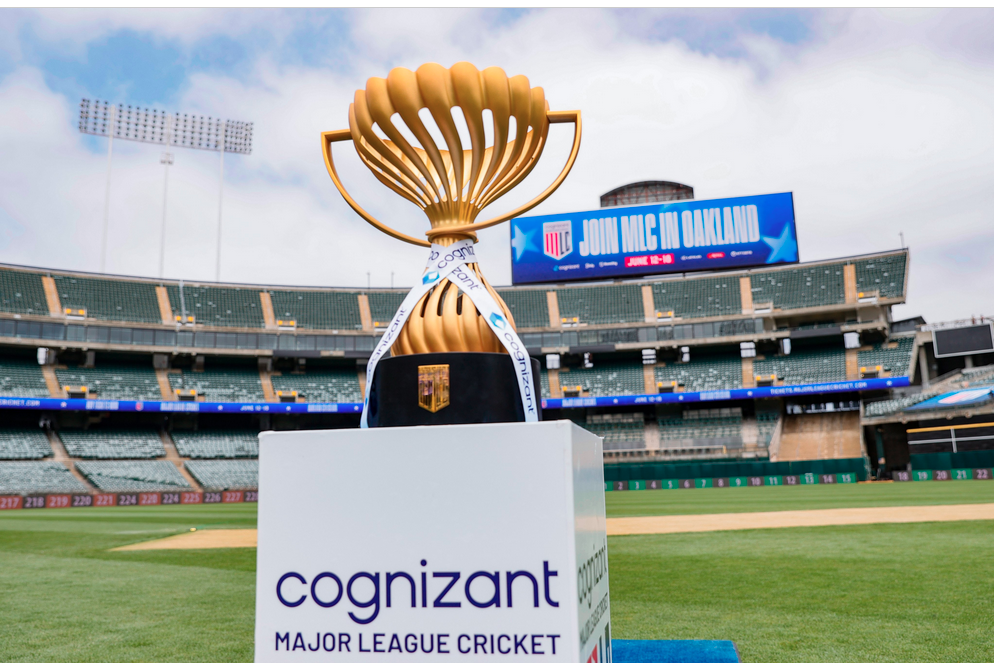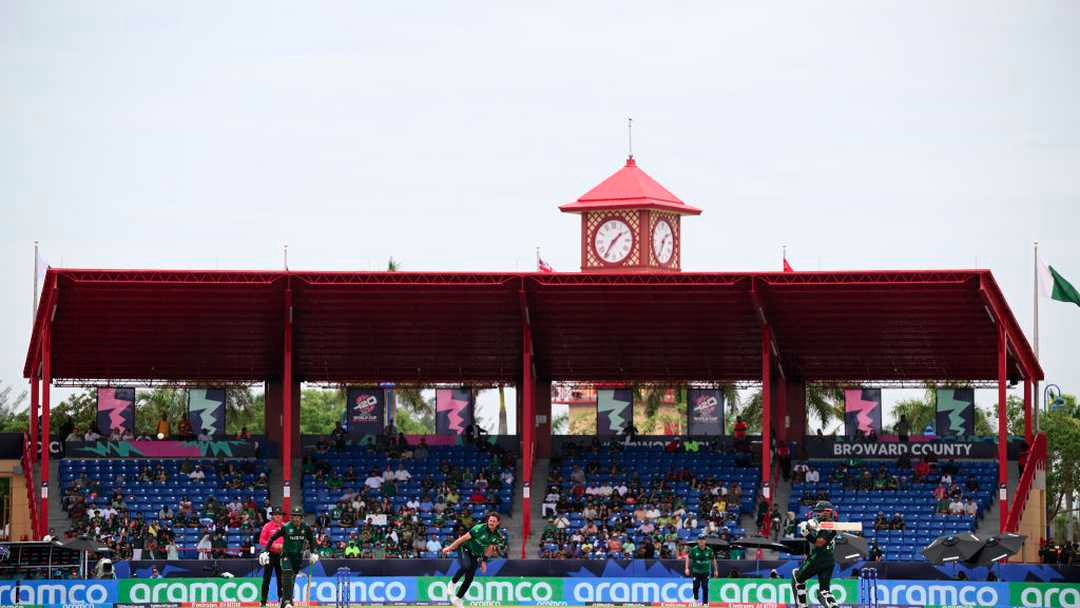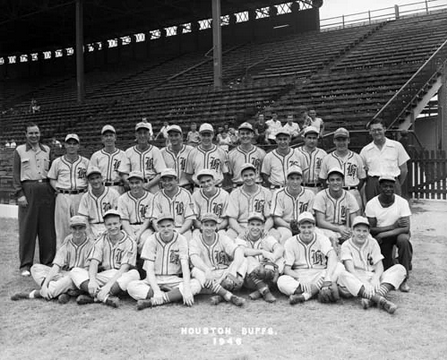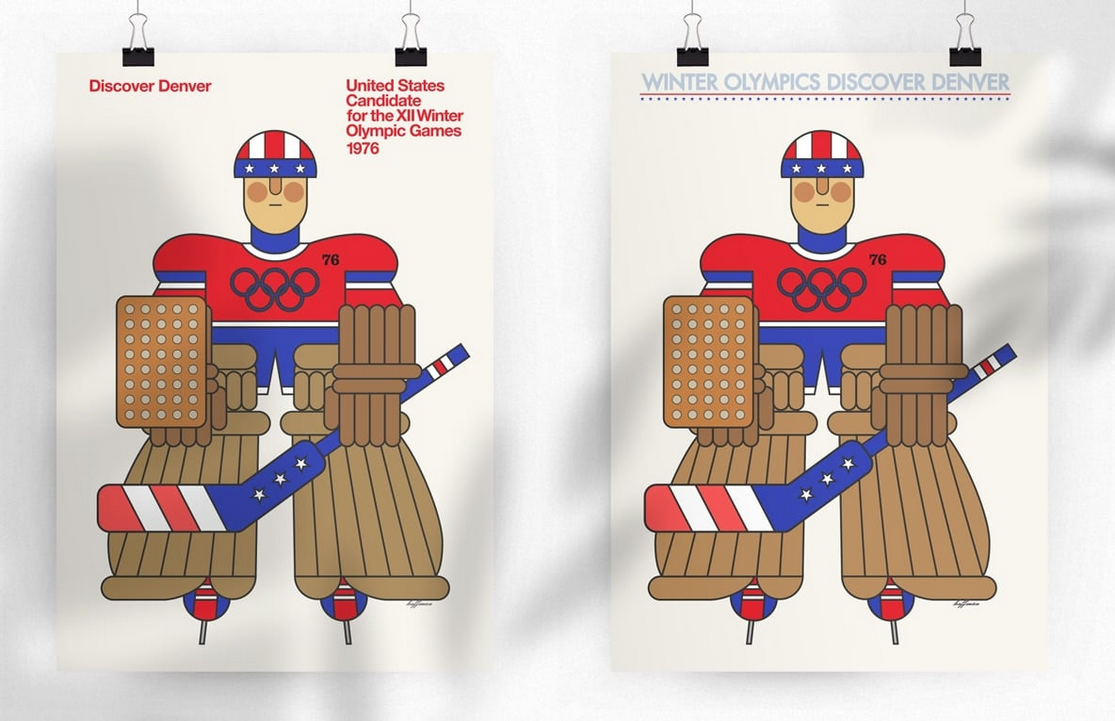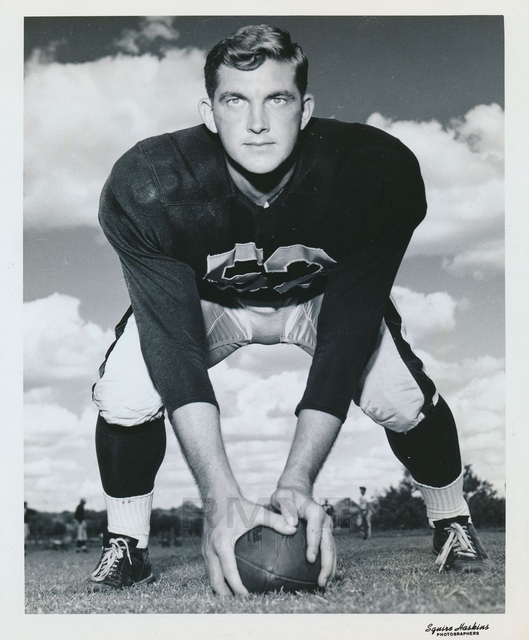Few figures have shaped modern American soccer more profoundly than Alan Rothenberg ("The Big Bounce: The Surge That Shaped the Future of U.S. Soccer") — and in this revelatory conversation, he tells the story in his own words.
Best known as the founding architect of Major League Soccer and the driving force behind the record-breaking 1994 FIFA World Cup, Rothenberg’s influence on the game in the United States stretches back decades earlier than most fans realize. Long before MLS kicked off in 1996, he was immersed in the sport’s early, fragile professional era.
In the late 1960s, Rothenberg worked alongside Jack Kent Cooke in the United Soccer Association, helping operate the Los Angeles Wolves — an ambitious effort to import top international clubs to American audiences. He later held a brief ownership stake in the Los Angeles Aztecs of the North American Soccer League, gaining firsthand insight into the promise and ultimate collapse of pro soccer’s first boom-and-bust cycle in the U.S.
A pivotal turning point came when Rothenberg ran the soccer competition for the 1984 Summer Olympics. At a time when many doubted the American market, the tournament drew unexpectedly strong crowds — helping persuade FIFA that the United States could successfully host a World Cup.
As president of the United States Soccer Federation from 1990 to 1998, Rothenberg delivered on that promise. The 1994 World Cup became the most financially successful in history to that point, and he fulfilled the bid commitment to launch MLS — creating the stable Division I league that had eluded the country for generations. He also chaired the 1999 Women’s World Cup, another watershed moment.
In this candid interview, Rothenberg reflects on risk, resistance, political maneuvering, and the long game of institution-building — offering rare, behind-the-scenes insight into how American soccer finally found its footing.

